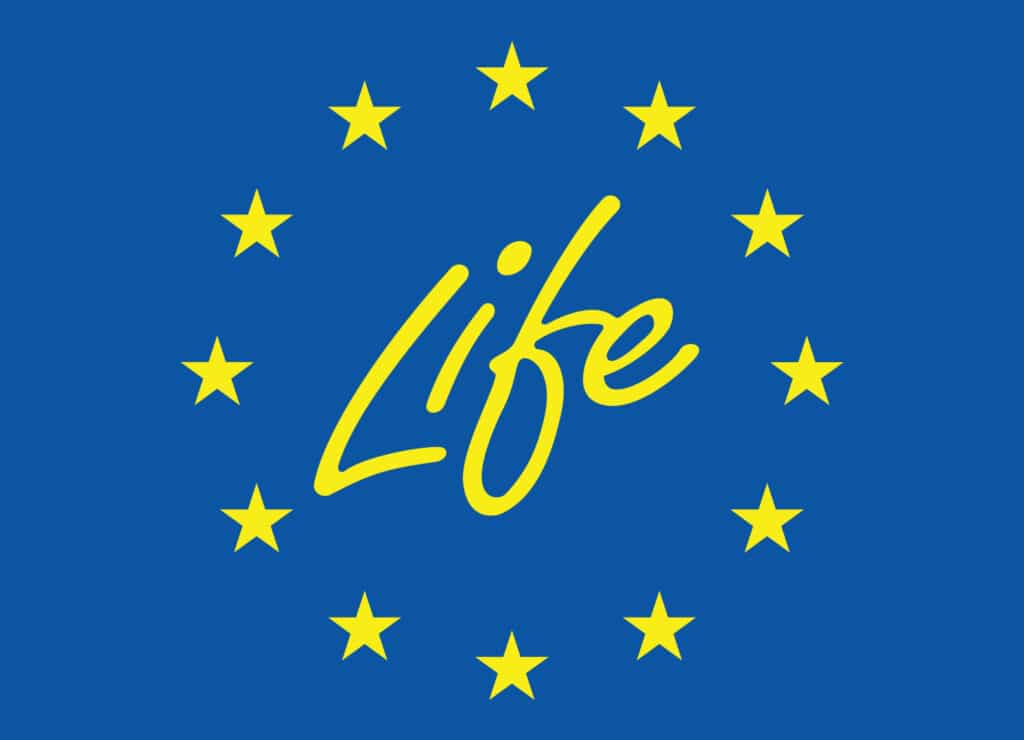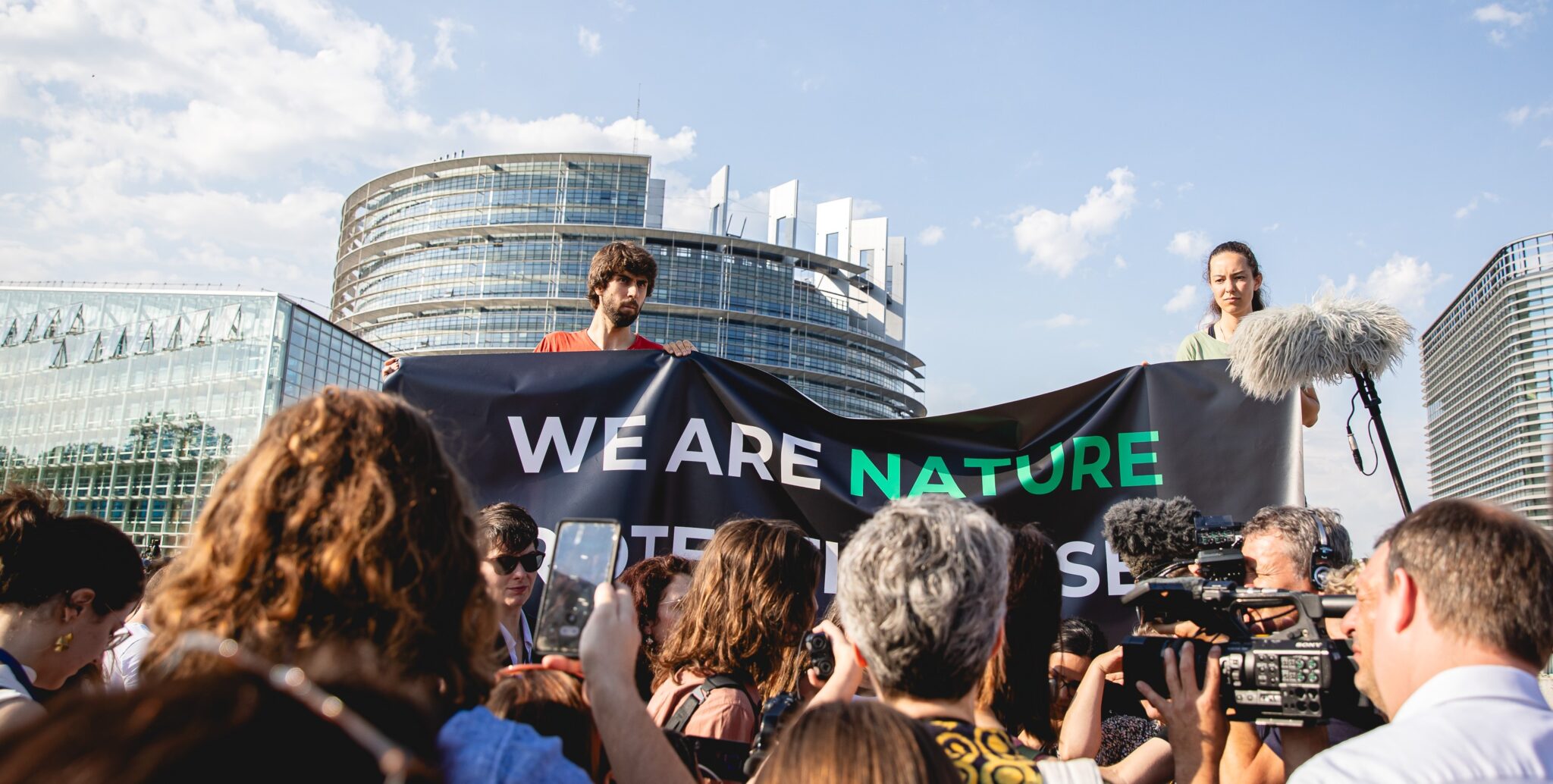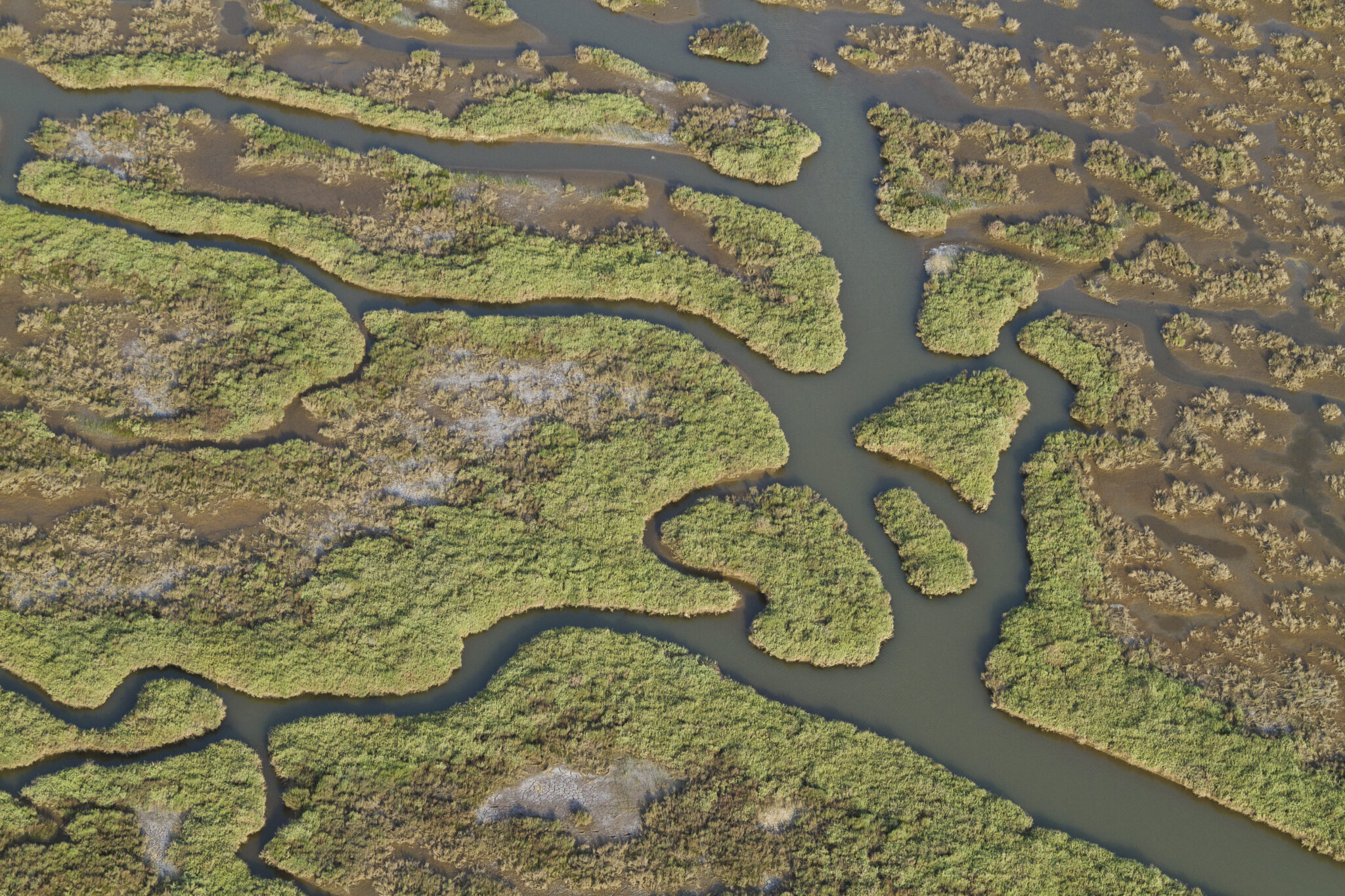Nature Restoration Law hangs in the balance: All eyes on European Parliament’s Plenary vote

Following today’s showdown, the plenary vote on the 12th of July will determine the future of the Nature Restoration Law after the ENVI Committee first rejected the attempt by conservative and right-wing groups to kill the law but later remained split in half on its own position.
Today, the ENVI Committee continued to be split in its final vote on the draft report on the Nature Restoration Law. The 44-44 tie was identical to the vote on the 15th of June. As many damaging amendments passed through during the chaotic vote in the ENVI Committee on the 15th of June [1], today’s rejection of the ENVI report presents an opportunity to adopt a more consistent and ambitious text in plenary on the 12th of July.
After pushing back the most threatening attack orchestrated by the Leader of the EPP Group in the European Parliament, Manfred Weber, in the ENVI Committee, including substituting those group members refusing to follow the party’s line, MEPs have the opportunity to prove that they stand firmly behind the biodiversity pillar of the EU Green Deal in the upcoming Plenary. The European Parliament must stay strong against the falsified pushbacks of the conservatives and take firm action to protect citizens from the devastating impacts of climate change and biodiversity loss.
Sabien Leemans, Senior Biodiversity Policy Officer at WWF European Policy Office: “On 12 July, the European Parliament will not only decide on the fate of the Nature Restoration Law and the EU Green Deal but also send a signal to the world. Will MEPs listen to Member States, the messages of over 900,000 citizens, more than 3,300 scientists, and over 100 businesses and various stakeholders urging them to secure our future? Will the Parliament vote for action to protect its citizens from the impacts of climate change? All eyes are on the plenary now for the answer to these crucial questions.”
Sofie Ruysschaert, Nature Restoration Policy Officer at Birdlife Europe: “Weber’s EPP has shamelessly bashed the Nature Restoration Law and the Green Deal in the past months, but their efforts were in vain. Today’s divide in the ENVI committee, where half of the MEPs voted in favour of the Nature Restoration Law, proves that lies, misinformation, and dirty tactics are fiercely resisted in this Parliament. Now, it’s time for MEPs in plenary to vote with unwavering conscience and responsibility, addressing the climate and biodiversity crises that threaten the very survival of our planet.”
Ioannis Agapakis, Nature Conservation Lawyer at ClientEarth: “The Committee’s rejection of the report is unsurprising, especially given the vile political games played at the expense of nature. There is still everything to play for however, as the plenary will provide a clean slate to re-examine all options, creating an opportunity to adopt an even stronger position. The vote by EU Ministers last week sent a clear message of support for the law – it is now up to the Parliament to follow through and back the Nature Restoration Law in plenary.”
Sergiy Moroz, Policy Manager for Water and Biodiversity at the European Environmental Bureau: “The continued refusal of conservative Members of the Parliament to do the job they were elected to do, namely adopt strong laws to tackle the biodiversity and climate crises, is disappointing, to say the least. This is especially pertinent after the strong message from the Council, which agreed its position on the Nature Restoration Law last week, and invited the European Parliament to negotiate the Law further. We urge our elected representatives to follow up on that invitation and adopt a strong position in the Plenary without delay.”
Notes to editors
[1] Damaging amendments include notably downsizing the overarching headline target (to 10%), deleting core content of the proposed law like the article on the restoration of forest ecosystems, weakening of other targets (for instance for peatlands), and limiting restoration action to Natura 2000 areas.
You might also be interested in:
 | Stichting BirdLife Europe gratefully acknowledges financial support from the European Commission. All content and opinions expressed on these pages are solely those of Stichting BirdLife Europe. The European Commission is not responsible for any use that may be made of the information it contains. |









